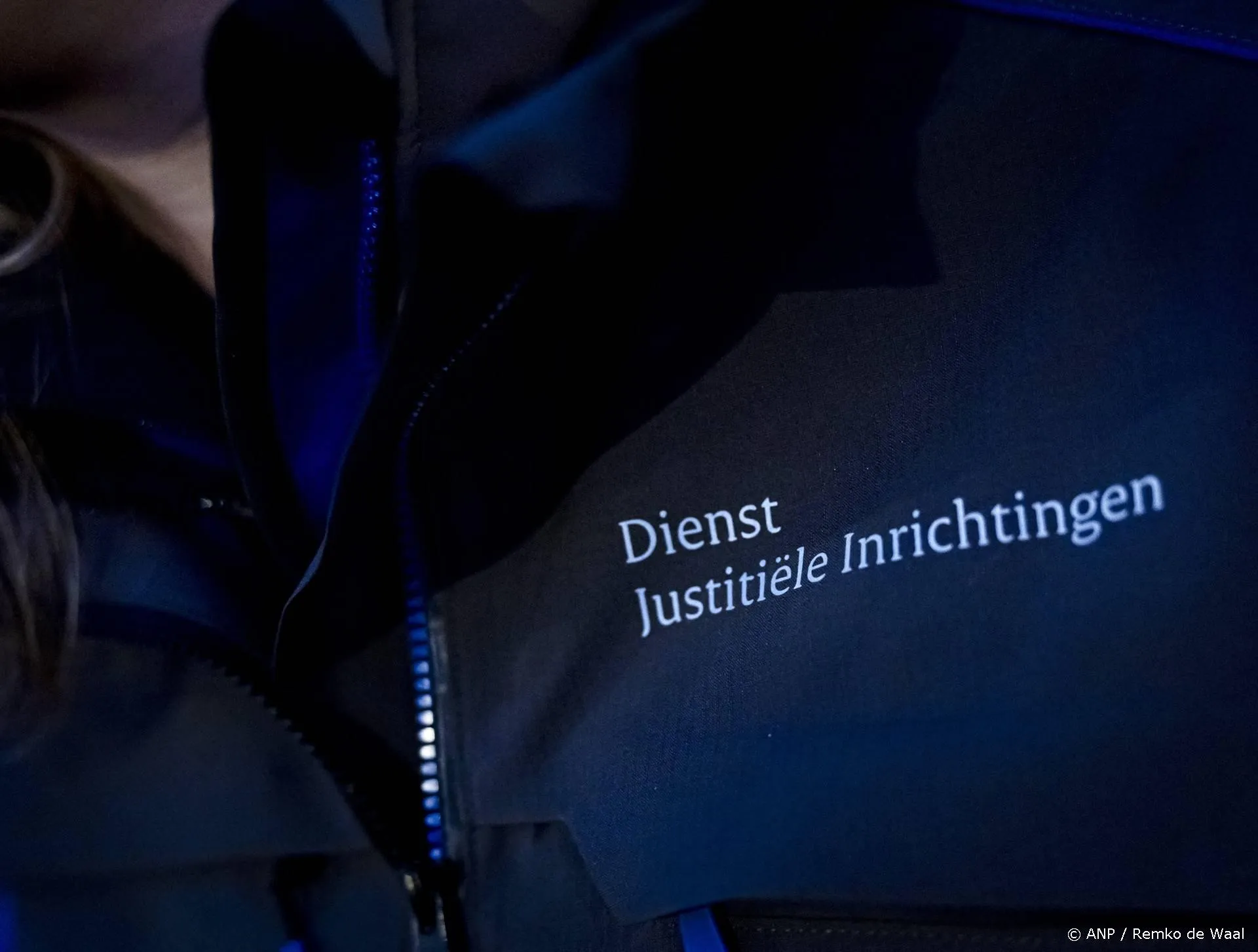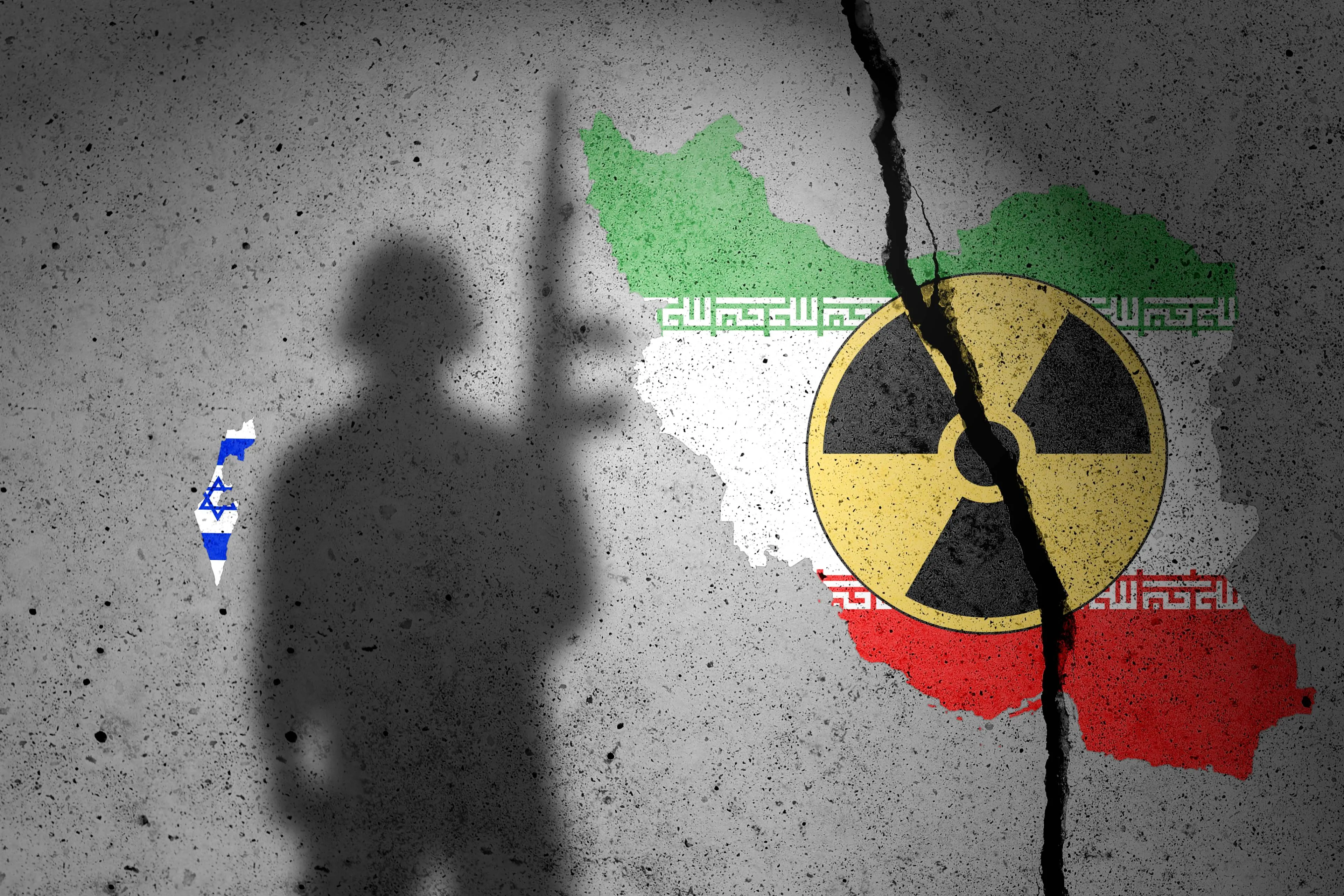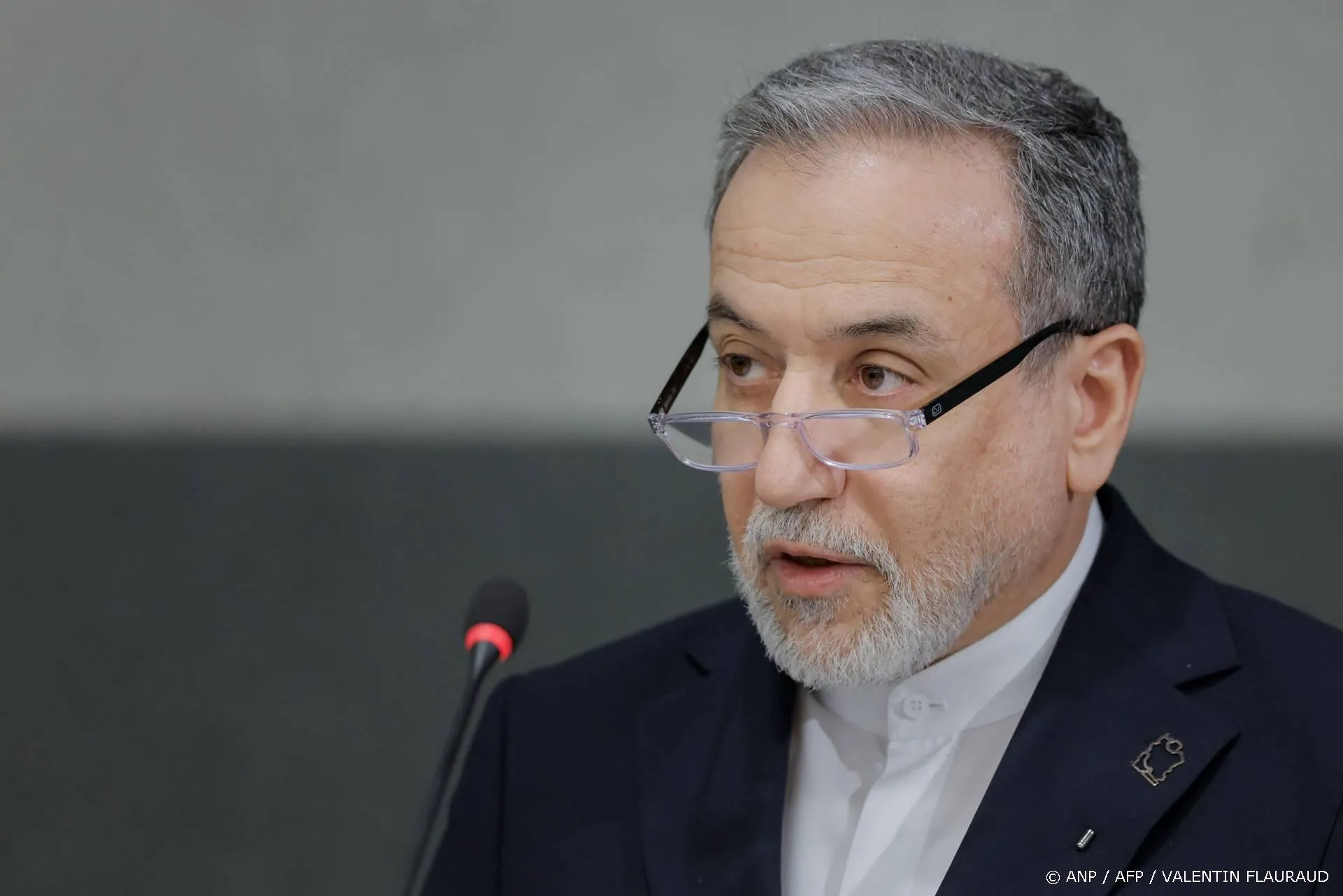Onderzoek: ook hoogopgeleiden zijn klimaatsceptisch, tenzij socialist
In general, Hierarchical folks prefer a social order where people have clearly defined roles and lines of authority. Egalitarians want to reduce racial, gender, and income inequalities. Individualists expect people to succeed or fail on their own, while Communitarians believe that society is obligated to take care of everyone.
The researchers report that people whose values are located in Individualist/Hierarchy spaces can be expected to be skeptical of claims of environmental and technological risks. Such people, according to the theory, intuitively perceive that widespread acceptance of such claims would license restrictions on commerce and industry, forms of behavior that Hierarchical/Individualists value. On the other hand Egalitarian/Communitarians tend to be morally suspicious of commerce and industry, which they see as the source of unjust disparities in wealth and power. They therefore find it congenial, the theory posits, to see those forms of behavior as dangerous and thus worthy of restriction. On this view, then, Egalitarian/Communitarians would be more worried about climate change risks than would be Hierarchical/Individualists.
On a scale in which 1 means no risk and 10 means extreme risk of climate change, the average for the overall sample was a score of 5.7. Hierarchical/Individualists averaged 3.15 points on climate change risk, whereas Egalitarian/Communitarians scored 7.4 on average. The public irrationality thesis predicts that as scientific literacy and numeracy increases the gap between Hierarchical/Individualists and Egalitarian/Communitarians should lessen. Instead, the Yale researchers found that among Hierarchical/Individualists science/numeracy is negatively (emphasis theirs) correlated with such concern. Hence, cultural polarization actually gets bigger, not smaller as science literacy and numeracy increase.
But what about the cultural values held by climate scientists themselves? Could they be subject to confirmation bias too? A study [PDF] published in 2009 in the journal Climatic Change sheds some light on the policy views of climate scientists. Although the cultural cognition typology is more subtle, the Climatic Change study survey of over 400 climate scientists found that 67 percent identified as liberal, 20 percent moderate, and 13 percent conservative. Around 90 percent agreed that man-made global warming is now happening and that immediate policy decisions need to be made to address it.
Lees ook
Loading


